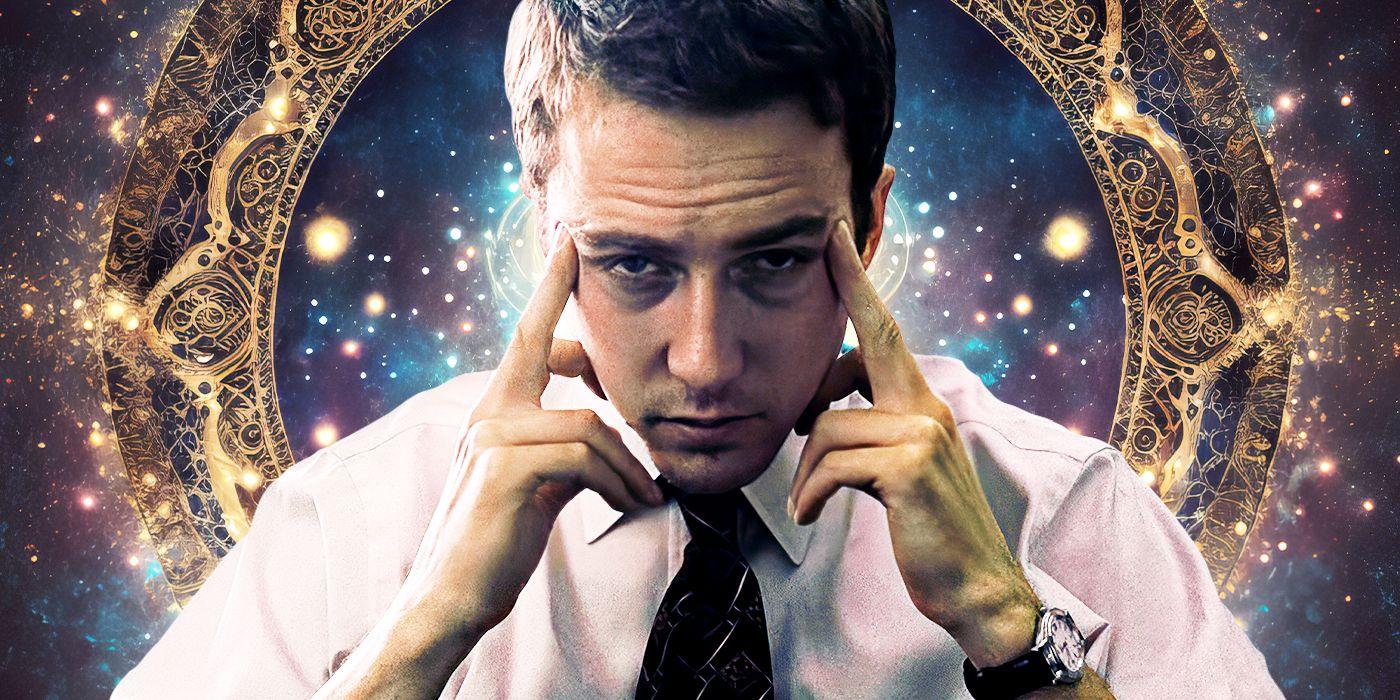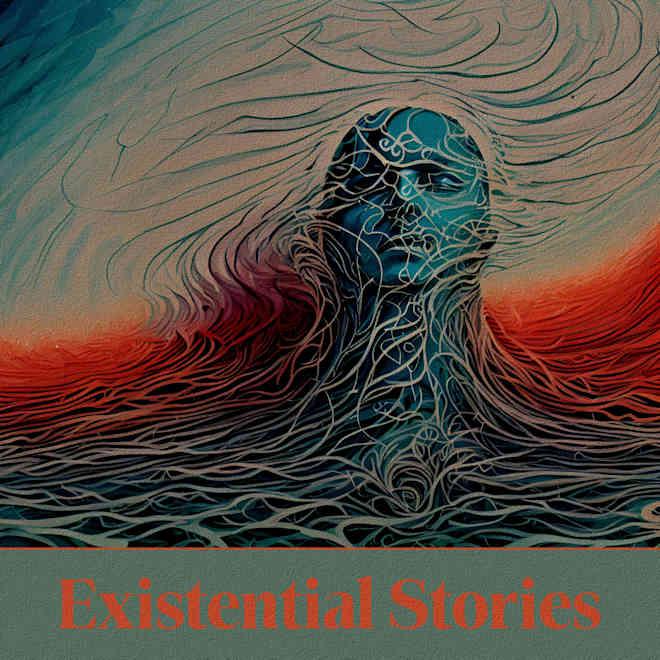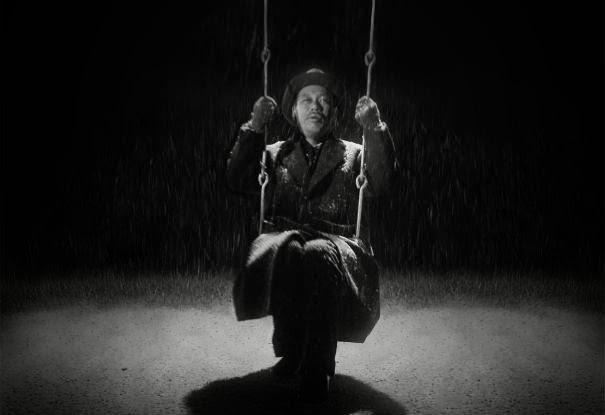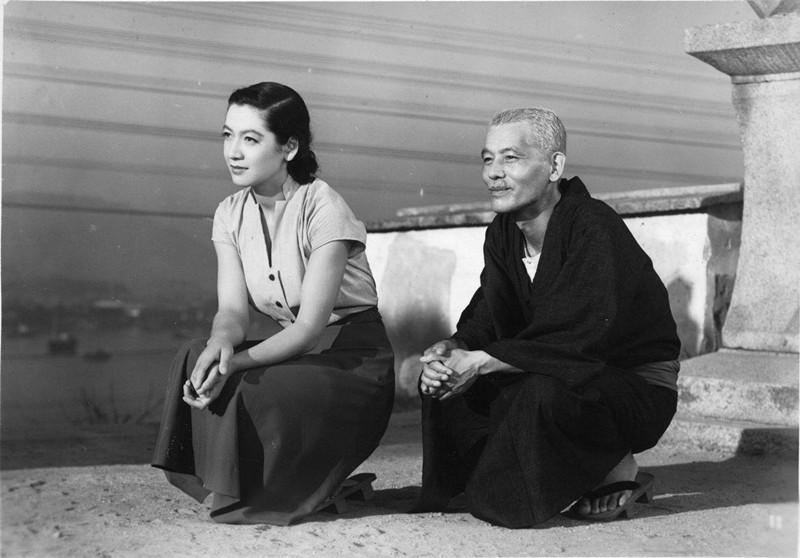In the realm of cinema, few genres probe the depths of human consciousness and the complexities of existence as profoundly as existential films. These cinematic explorations challenge audiences to confront the intricacies of identity, purpose, and the often-ambiguous nature of reality. At the forefront of this genre stands “Donnie Darko,” a cult classic that masterfully intertwines elements of science fiction, psychological drama, and philosophical inquiry. Its enigmatic narrative and hauntingly introspective themes have captivated viewers, establishing it as a touchstone for existential storytelling. In this article, we delve into a curated selection of films that echo the existential resonance of “Donnie Darko.” Each film invites viewers to embark on a journey through uncertainty and introspection, questioning the very fabric of existence and the unseen forces that shape our lives. Through an analytical lens, we explore how these films challenge conventional narratives, offering a compelling blend of thought-provoking content and cinematic innovation.
Exploring Themes of Reality and Time in Existential Cinema
Existential cinema often delves into the intricate layers of reality and time, inviting viewers to question the very fabric of existence. Films like Donnie Darko brilliantly weave these themes into their narratives, creating a tapestry of surreal experiences and philosophical musings. These films often employ a non-linear storytelling approach, challenging the audience’s perception of time and urging them to reconsider the conventional boundaries of reality. The concept of time loops, alternate realities, and the subjective nature of experience are central motifs that drive the plot, leaving audiences in a state of introspective contemplation long after the credits roll.
- Alternate Realities: Characters often find themselves in parallel universes, prompting existential questions about identity and the choices that define us.
- Time Loops: Repeated sequences of events force protagonists to confront their past actions and the inevitability of fate.
- Surreal Experiences: Dream-like sequences blur the lines between what is real and what is imagined, challenging viewers to discern the truth.
Such films push the boundaries of traditional storytelling, encouraging audiences to engage with the narrative on a deeper, more philosophical level. As you immerse yourself in these cinematic explorations, prepare to question your own understanding of reality and the passage of time.

Cinematic Techniques that Enhance Existential Storytelling
Existential films often delve into the human condition, employing a range of cinematic techniques that elevate their storytelling. Visual symbolism is a cornerstone, where directors use recurring motifs and imagery to provoke deeper reflection on themes of identity, time, and reality. In films like “Donnie Darko,” the haunting presence of the manipulated dead and the unsettling, surreal landscapes challenge viewers to question the nature of existence itself.
- Non-linear narratives: By disrupting traditional storytelling, these films mirror the chaotic nature of life and the unpredictable journey of self-discovery.
- Soundscapes and score: Carefully crafted soundtracks underscore the emotional weight of existential themes, often blending eerie, melancholic tones with moments of silence to evoke introspection.
- Lighting and color palettes: The use of shadow and light contrasts can symbolize the duality of human nature, while muted or stark color schemes reflect the internal struggles of the characters.
Through these techniques, existential films invite audiences to explore profound philosophical questions, offering a cinematic experience that is as intellectually engaging as it is visually compelling.

Character Arcs and Philosophical Reflections in Film
Existential films often delve into the profound intricacies of the human condition, exploring the dynamic evolution of characters as they grapple with philosophical quandaries. Donnie Darko stands as a quintessential example, where the titular character’s journey is a tapestry of time travel, teenage angst, and metaphysical musings. In a similar vein, films like “Eternal Sunshine of the Spotless Mind” and “Synecdoche, New York” unravel the complex layers of identity and memory, prompting viewers to question the very nature of reality and self-perception. These narratives don’t just entertain; they challenge audiences to ponder their own existential dilemmas.
- Fight Club – A critique of consumer culture and identity.
- The Truman Show – Questions the boundaries of reality and personal freedom.
- Stalker - Explores the metaphysical quest for meaning.
Character arcs in such films are meticulously crafted to reflect the philosophical themes at play. Donnie’s evolution from a troubled teen to a self-aware individual mirrors the broader existential inquiry into fate versus free will. Similarly, Joel Barish in “Eternal Sunshine” undergoes a transformative journey, navigating the labyrinth of his erased memories, ultimately finding solace in the imperfections of human connection. These films invite us not only to witness these arcs but to engage with them on a deeply introspective level, urging us to reflect on our own narratives and the philosophical questions that underpin them.

Must-Watch Existential Films Beyond Donnie Darko
For those who find themselves captivated by the mind-bending journey of Donnie Darko, there are several other films that delve into the complexities of existence and reality. These films challenge the viewer’s perception and encourage deep introspection, much like Donnie’s own surreal adventure.
- Eternal Sunshine of the Spotless Mind: This film explores the fragility of memory and the lengths we go to escape pain. With a narrative that bends time and space, it questions the very essence of identity and love.
- Synecdoche, New York: A deeply layered narrative about a theater director whose life becomes an all-encompassing art project. It offers a profound meditation on the nature of reality and the inevitability of death.
- The Truman Show: This film serves as a sharp critique of modern society and media, following Truman Burbank as he discovers that his entire life is a carefully orchestrated reality show.
- Waking Life: An animated journey through a series of philosophical discussions, this film blurs the line between dreams and reality, posing existential questions about life and consciousness.
Each of these films offers a unique lens through which to examine the human condition, pushing boundaries and leaving a lasting impression on their audience.









